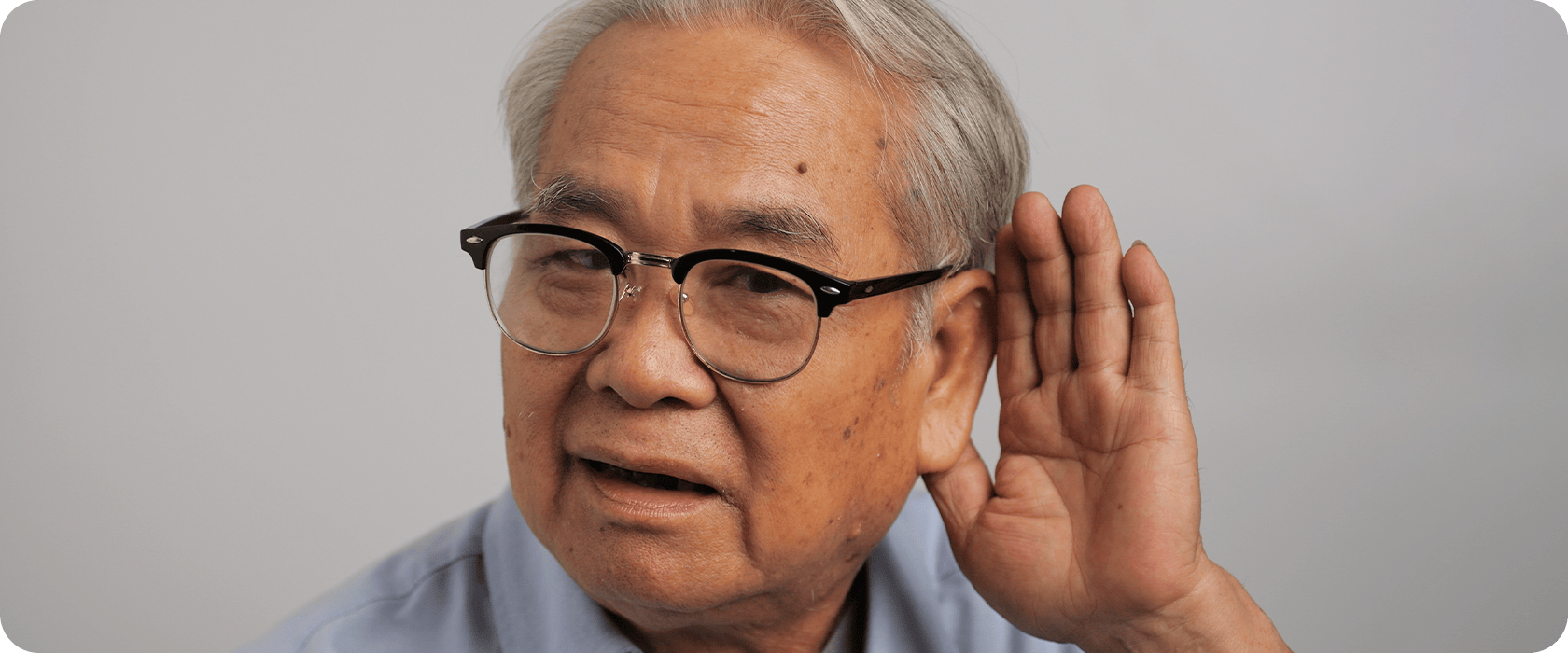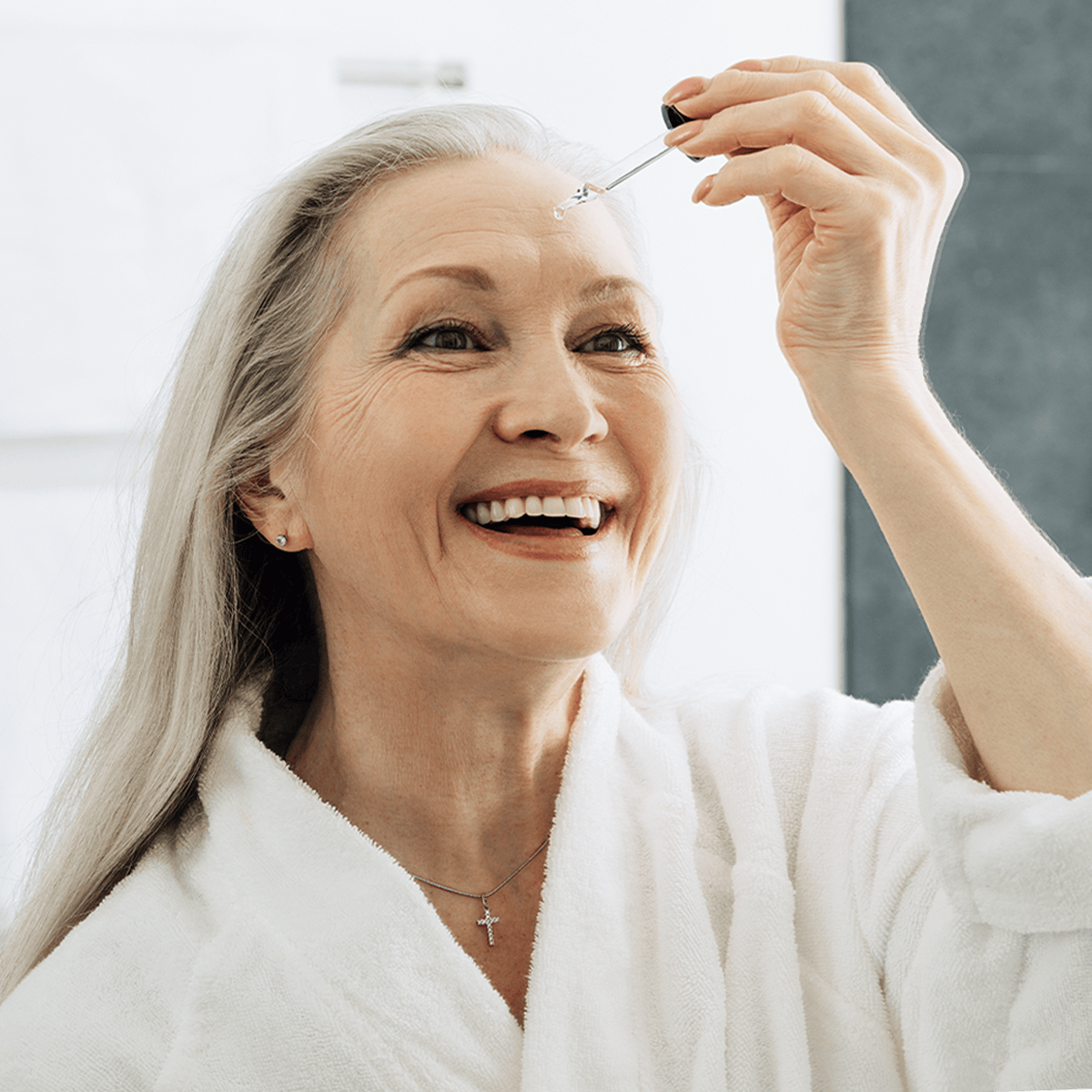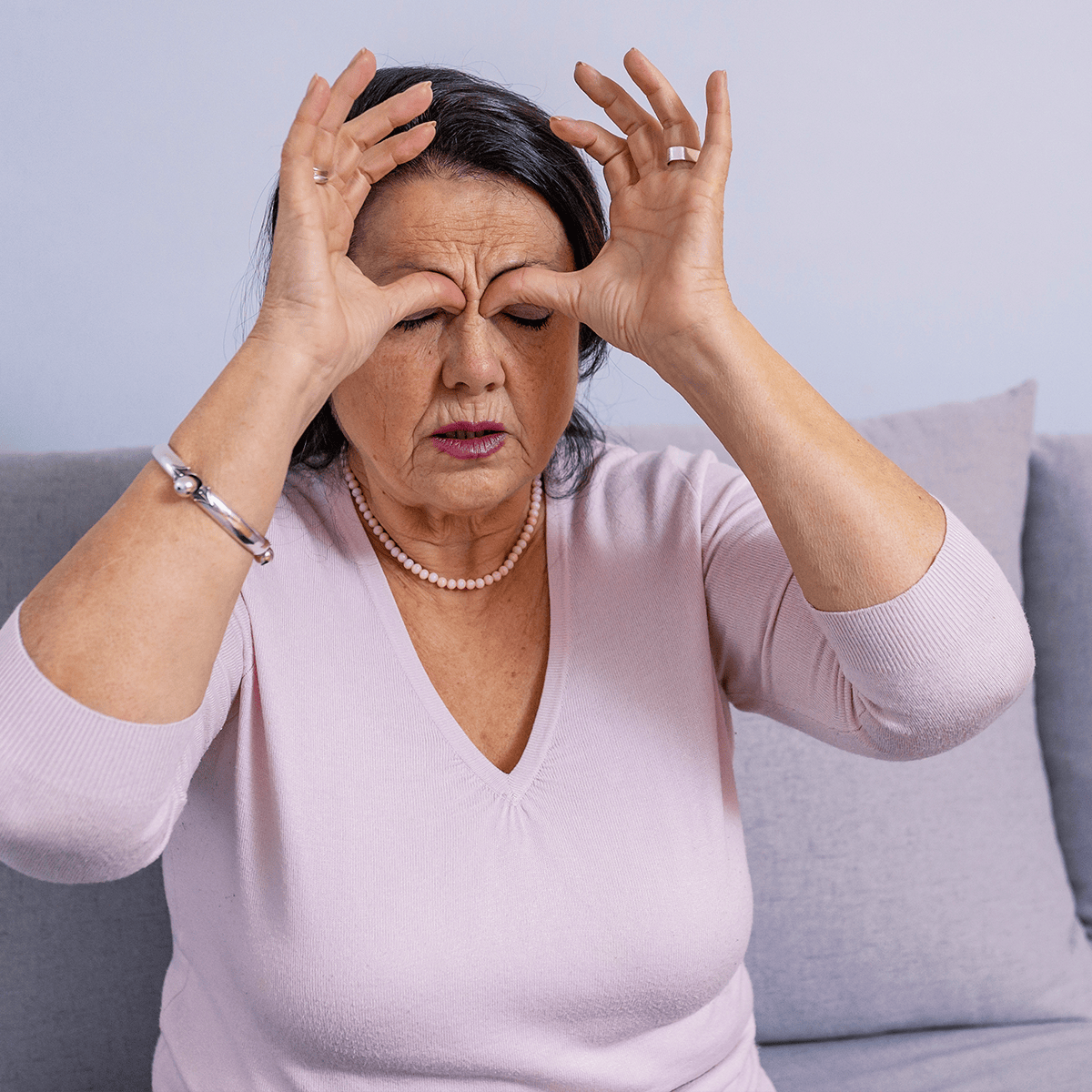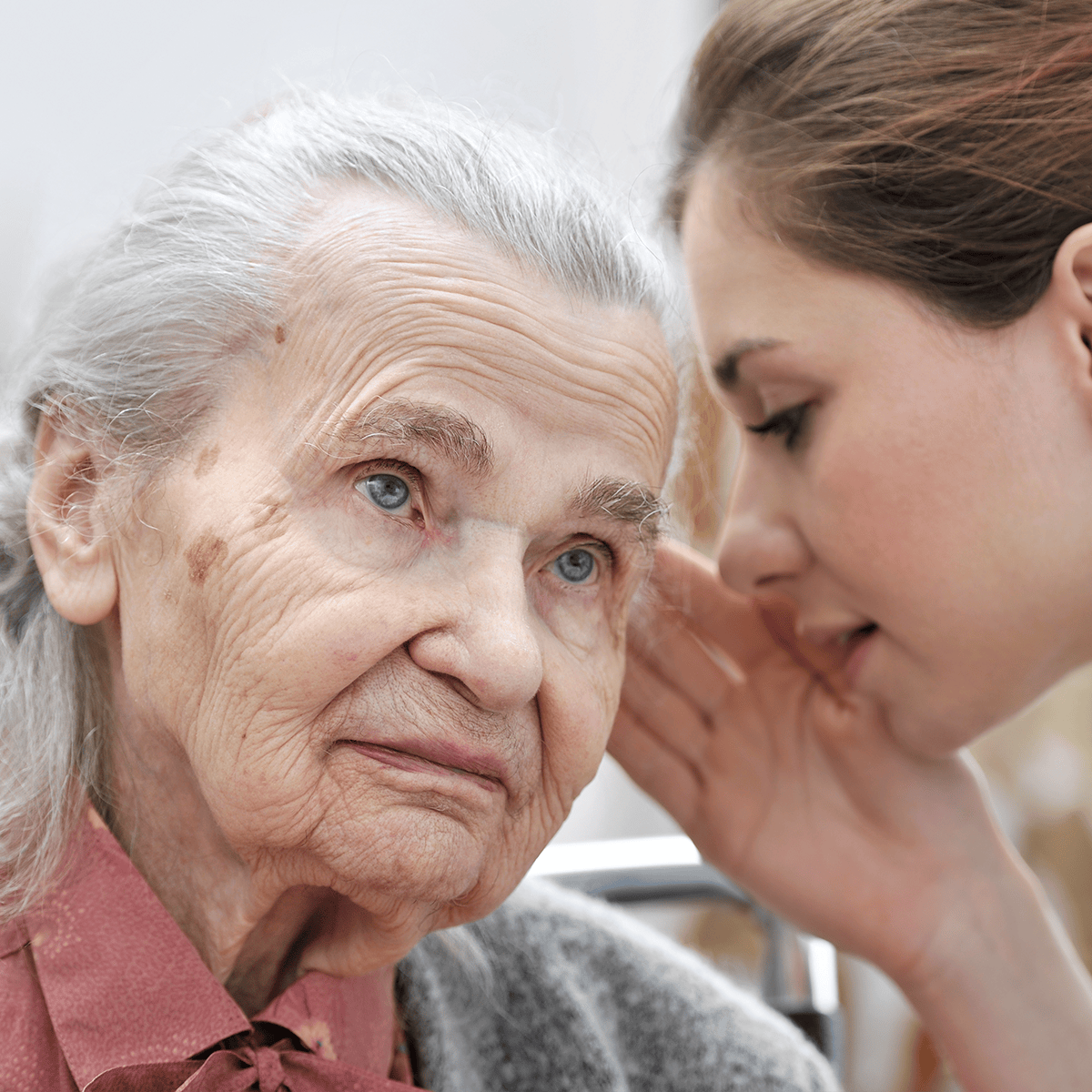How Seniors Can Safely Deal with an Ear Clogged with Wax

Are your ears feeling clogged, or do sounds seem muffled? These symptoms could be signs of clogged ears.
Your ears produce wax to help keep them healthy and protected, but sometimes that wax can build up and block your ears, especially as you age.
Let’s discuss what earwax is, why it occurs more frequently in seniors, and how to manage it safely.
What Is Earwax and Why Do We Have It?
Have you ever noticed the sticky, soft substance that comes out of your ears? It’s usually brown or tan. That’s earwax, and it plays a very important role in your general ear health.
Earwax protects your ears by trapping dirt and dust, keeping these impurities out of the ear canal. It also helps prevent infections by stopping germs from entering your ears.
Earwax keeps your ears moist as well. If your ears become too dry, they can feel uncomfortable or itchy. Earwax generally moves out of the ear on its own, but sometimes it can build up and lead to hearing problems and discomfort.
Why Seniors Experience More Earwax Buildup

As we grow older, our bodies go through many changes, and that includes how much earwax we produce. Everyone has earwax, which plays an important role in protecting our ears. However, as we age, this earwax can become drier and harder. This change can lead to problems like muffled hearing or a feeling of fullness in the ears.
Our ears have another defense mechanism too: tiny hairs in the ear canals that help keep dirt and dust out. Sometimes, earwax can stick to these little hairs or even get trapped in hearing aids, leading to blockages. Having an ear clogged with wax can be frustrating and, at times, uncomfortable.
How to Tell If Earwax Is Blocking Your Ears
When an ear is clogged with wax, you may notice that it’s more difficult to hear. You might feel a sensation of fullness or pressure in your ears or even experience ringing. At times, your ear could hurt, or you might feel dizzy. All of these may be signs of clogged ears. If that’s the case, you’ll need to know how to remove earwax blockage.
Safe Ways to Remove Earwax

Ears are delicate, and you need to be gentle with them. Here are some safe ways to handle an ear clogged with wax.
Don’t Risk It: See a Doctor for Safe Earwax Removal
One of the safest ways to remove earwax is to consult a doctor. Doctors can perform a thorough hearing care check. If they determine that wax is the source of your issue, they know precisely how to clear earwax blockage and have specialized tools to remove the earwax without causing harm to your ears.
This is particularly important if you’re experiencing pain or difficulty hearing. Your hearing is crucial, and a doctor can ensure your ear health is properly protected.
Home Remedies
If you want to try removing earwax at home, there are some gentle remedies you can use. One method is to apply ear drops available at the pharmacy. These drops will soften the wax and help it drain out of your ear. After using the drops for a few days, the earwax may come out on its own.
Another method is to gently rinse your ears with warm water. The best time to do this is while in the shower. Just ensure the water is not too hot and that the pressure is not too high.
What to Avoid
There are several things you should definitely avoid when trying to remove earwax. Don’t use cotton swabs or insert objects into your ears, as this can push the earwax deeper. It can also damage your ear and impair your hearing.
You should also steer clear of ear candles. This method can be very dangerous, and it has not been proven to be effective. It can harm your ear and even cause burns.
Preventing Earwax Buildup
Preventing earwax buildup can help keep your ears healthy and your hearing clear. Here are some closing tips to recap what we’ve learned:
- Clean your ears gently: Use a warm, damp cloth to wipe the outer ear, but never insert anything into the ear canal.
- Keep your ears dry: After swimming, bathing, or showering, dry your ears to prevent excess moisture.
- Clean hearing aids regularly: If you use hearing aids, make sure to clean them regularly, following your doctor’s guidelines to avoid earwax buildup.
- Consult with your doctor: Ask if softening earwax drops are recommended for you.
It’s also a good idea to avoid using earbuds or headphones that fit directly into your ears. The ClearCaptions Phone is an excellent addition to the lives of those with hearing loss, offering clear communication without risking damage to your hearing. Additionally, a special federally managed program makes it possible for eligible individuals to receive the caption phone at no cost. Click here to check if you’re eligible!
Remember, your ears are valuable, and taking steps to care for them can significantly impact your life, especially as you age. Don’t hesitate to seek help if necessary, and relish all the sounds that bring joy to your life!





